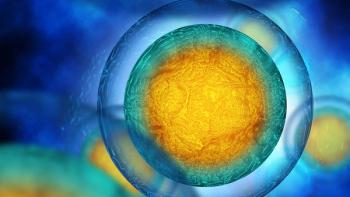
Timing is everything, and it might be ideal for acceleration of real-time monitoring solutions.

Timing is everything, and it might be ideal for acceleration of real-time monitoring solutions.

Defining expectations, such as GMPs, is paramount for sourcing the right biopharmaceutical raw materials.
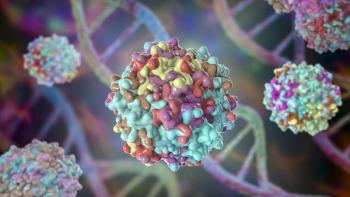
Confounding signals pose challenges to analytical methods necessary for managing residual impurity removal in biotherapeutic manufacturing.
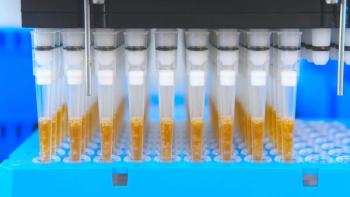
Glycosylation monitoring has been heavily dependent on manual processes, but the automation of sample preparation streamlines the overall workflow.

Part 2—Industry experts from MilliporeSigma, Lonza, Astrea Bioseparations, and Sartorius provide insight and examples about solving critical challenges in both analytics and process development for emerging therapies.

Part 1—Industry experts from MilliporeSigma, Lonza, Astrea Bioseparations, and Sartorius discuss key issues affecting the development of emerging biotherapies.

Gentronix has expanded it lab facilities and increased capacity for genetic, ocular, and skin toxicology testing.
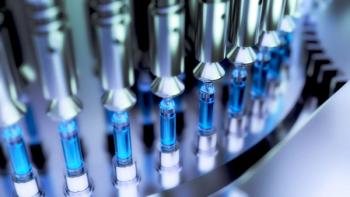
Automatic visual inspection machines and artificial intelligence highlight inspection deficits for parenteral containers and units.
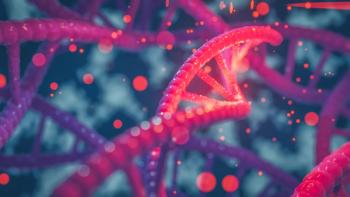
The need for improved analytics grows.

Establishing a data management strategy in-lab is a first step in generating successful analytical studies.
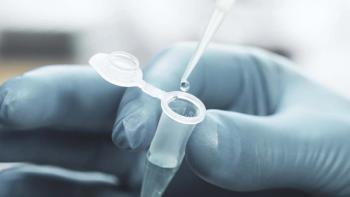
Establishing bioassay studies for biosimilar development is important for supporting regulatory filings.

Vector Laboratories has completed a $124 million cash buyout backed by Thompson Street Capital Partners and will begin an acquisition strategy to expand protein detection capabilities.
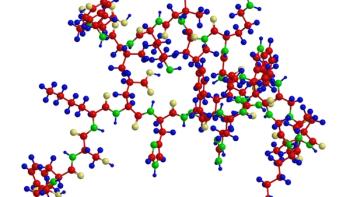
Establishing analytical workflows for complex biopharmaceutical molecules can help predict their risk of degradation.

A new membrane staining kit, ExoBrite, launched by Biotium aims to enhance the detection of exosomes through flow cytometry.

BioMed X has partnered with Janssen to start two new research programs for autoimmune diseases and drug delivery.

The guidance aids in the development, validation, and use of near infrared-based analytical procedures.
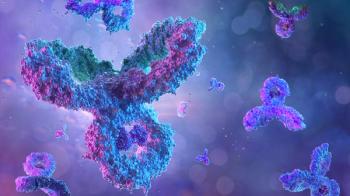
Growing demand for bispecific antibodies increases the need for automated and miniaturized high throughput screening capabilities.
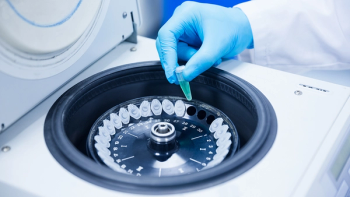
Automation is one asset that benefits cell harvesting by cutting out laborious manual steps and minimizing contamination.
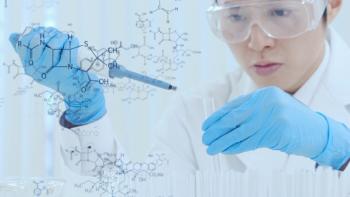
Correct organization and appropriate methods for demonstrating biosimilar comparability are important for supporting regulatory filings.

Thermo Fisher Scientific has added a new suite of immune repertoire assays that offers high detection rates of malignant clones, allowing researchers to better assess blood cancers.
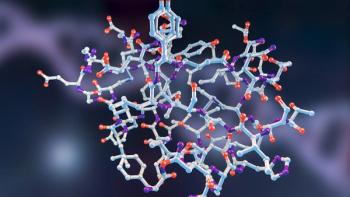
The ever-increasing complexity of biotherapeutic molecules presents unique analytical challenges for developers.

Developing analytical methods and bioassays is necessary from early on in the drug development life cycle.
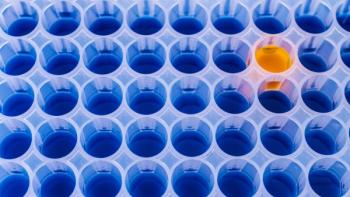
Gene therapy products present a unique set of challenges for the control of host cell protein impurities.
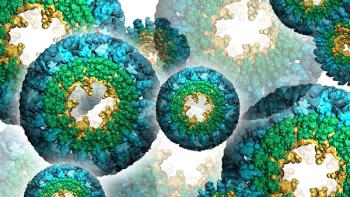
Sophisticated analytical technologies are complementing traditional approaches in the identification of residual process-related impurities of biotherapeutics.
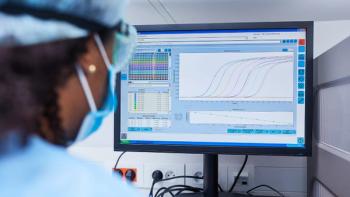
Microfluidic Modulation Spectroscopy is a recent innovation in infrared spectroscopy techniques that improves elucidation of secondary protein structure.